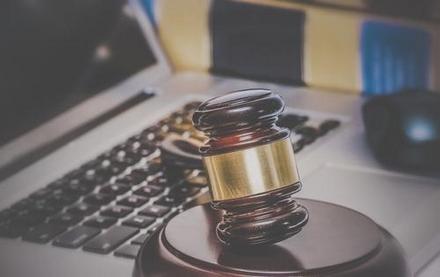TELEPHONES ANSWERED 24 HOURS A DAY
Can the Police Search My Digital Data without a Warrant?
 One of the most important rights in the U.S. Constitution is the right to be free from unreasonable searches and seizures. Modern technology has challenged the courts to decide what kinds of searches are unreasonable and how much privacy normal citizens have with their electronic data.
One of the most important rights in the U.S. Constitution is the right to be free from unreasonable searches and seizures. Modern technology has challenged the courts to decide what kinds of searches are unreasonable and how much privacy normal citizens have with their electronic data.
Permission and Emergencies
The U.S. Supreme Court has held that under normal circumstances law enforcement needs a warrant before they can search the contents of a cell phone or a computer. The Court recognized that some of our most personal information is now kept in electronic format.
However, there are a few important exceptions to this rule. If you give law enforcement permission to search your computer or your cell phone, they do not need a warrant. It is almost never in your best interest to give the police permission to do something that normally requires a warrant. You may be giving up your right to later challenge their actions.
If there is an emergency, law enforcement may not need a warrant to search a cell phone or computer. This exception can be complicated because it often depends on the beliefs of the law enforcement officers doing the search.
Search after Arrest
Law enforcement has the ability to search a person, the area immediately around the person, and anything in the control of a person when that person is being arrested. The courts have held that the contents of a computer or cell phone cannot be searched without a warrant, even if the owner is being arrested.
However, law enforcement can search the area around the device for officer safety. For example, the physical space between a phone and the phone case can be searched. If anything illegal is discovered, it can be used as evidence against the person being arrested. But, the police would not be allowed to go through the contents of the phone, without a warrant, unless one of the exceptions applied.
Where Is the Data Stored?
Sometimes the most valuable data to law enforcement will be accessible from your phone or computer, but not actually stored on your phone or computer. With cloud computing the data may be held on a server half way across the world.
The search warrant itself limits the actions of law enforcement. Most warrants will allow police to search the phone or computer and any data that can be accessed from the devices. If the warrant limits the search to only the data housed on the device, there may be an argument that any data not housed on the device is off limits and cannot be used as evidence against you.
If you have been charged with a crime, you need to speak with a knowledgeable and tough Chicago criminal defense lawyer. Call the Law Offices of Hal M. Garfinkel LLC, Chicago Criminal Defense Attorney at 312-629-0669 to schedule a consultation right away. Do not speak to anyone about your case until you have talked to a lawyer.
Source:
http://www.ilga.gov/legislation/ilcs/ilcs3.asp?ActID=1966&ChapterID=54



